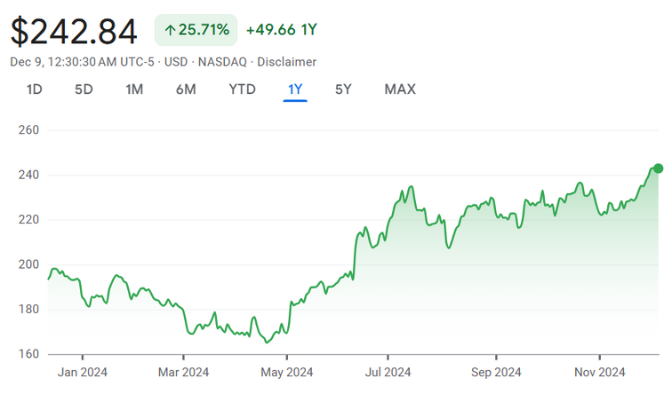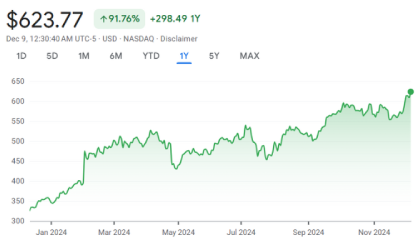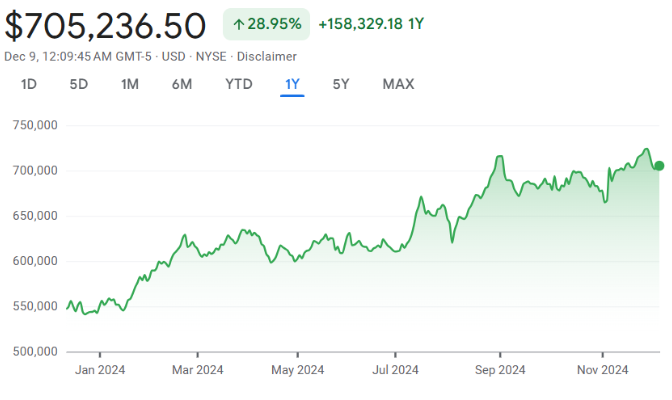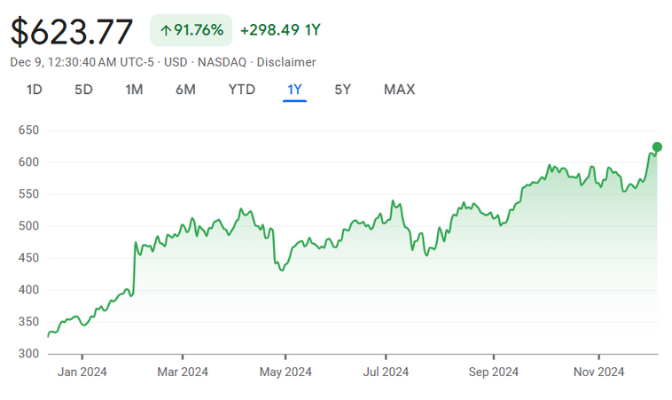What Are Airline Stocks?
Airline stocks are shares of companies in the aviation industry, including passenger airlines, cargo transporters, and businesses providing related services such as aircraft maintenance or airport operations. Airlines significantly contribute to global economies, facilitating international trade and tourism. When you purchase airline stocks, you are buying ownership in the airline's business—its fleet, routes, and operations. Factors affecting these stocks include fuel prices, demand for air travel, geopolitical stability, and economic conditions.
Why Invest in Airline Stocks?
Investing in airline stocks can be attractive for those looking to diversify their portfolios and take advantage of the industry's distinct nature. Here are some compelling reasons:
Airlines are integral to the global economy, enabling international trade, travel, and tourism. The expanding global market and reopening of borders post-pandemic are boosting demand for air travel, creating significant revenue opportunities for airlines. Beyond ticket sales, airlines generate income from cargo, loyalty schemes, ancillary charges, and premium services.
This revenue diversification provides financial strength during high demand periods. Airlines often follow the economic cycle. During economic booms, airlines see increased passengers and cargo movements, leading to higher revenues and stock price hikes. Investments in fuel-efficient aircraft, alternative fuels, and digital transformation enable airlines to reduce operational costs while improving customer convenience, setting them up for long-term growth.
Get the Latest Stock Market Insights for Free with
Stocks Down Under & Pitt Street Research
Join our newsletter and receive exclusive insights, market trends, investment tips, and updates delivered directly to your inbox. Don't miss out!
3 Best Airline Stocks ASX to Buy Now in 2025

Qantas Airways (ASX: QAN)
Qantas Airways is the largest and most recognised airline in Australia, often referred to as "The Flying Kangaroo." Established in 1920, it has become a world leader in aviation, offering safe, innovative, and high-quality services. The company has demonstrated resilience and flexibility, especially during tough times such as the COVID-19 pandemic..

Regional Express Holdings (ASX: REX)
Regional Express is a key player in Australia's regional airline market. Although it mainly flies regional routes, REX has extended its services to major domestic routes, positioning it as a reasonable alternative to larger airlines. Rising regional travel demand has led to a steady post-pandemic recovery of revenues for REX...

Air New Zealand (ASX: AIR)
Air New Zealand is the national carrier and a leading player in New Zealand and the South Pacific regions. The airline is known for its excellent customer service, innovative marketing, and premium in-flight experience. It operates a mix of domestic routes and long-haul international destinations. Air New Zealand has shown financial revival post-pandemic...
3 Best Airline Stocks ASX to Buy Now in 2025
How to Analyse Airline Companies to Invest
Airline stocks offer significant investment opportunities, considering the complex blend of determinants that impact an airline's financial strength and operational efficiency. To analyse airlines, consider the following:
Look for steady revenue growth year after year, indicating stable demand for the service. Metrics such as the operating margin and net profit margin can help determine profitability. With lower operational costs, airlines tend to have better margins even in stressful times. Airlines are capital-intensive and carry a lot of debt. Examine the debt-to-equity ratio and interest coverage ratio to understand financial stability.
A modern, fuel-efficient fleet is crucial for reducing costs and improving operational efficiency. Newer aircraft are better suited for future expansion. Carriers with good cost management practices are better at coping with external factors such as fuel price volatility or economic downturns. Look for carriers with a low-cost structure or those actively reducing costs through strategic measures. Long-term investor confidence is likely to grow as airlines reduce emissions and embrace sustainable practices in an increasingly environmentally conscious world.
How to Trade or Invest in Airline Stocks ASX?
Invest in domestic, regional, and international airlines to mitigate risks associated with specific markets. Consider companies with healthy balance sheets, steady cash flows, and low manageable debt. Financially fit airlines are more responsive to external conditions, whether economic downturns or rising fuel prices.
A typical feature of airlines is extreme cyclicality, where companies perform inversely with the macro economy. During economic booms, consumer spending on travel increases, and airline revenues flourish. Economic downturns create slackening demand. Some airlines pay dividends to shareholders. If you prefer stable income with growth potential, dividend-paying airline stocks are ideal.
Fuel prices play a major role in airline operating costs. Airlines that hedge against volatile fuel prices or invest in efficient aircraft may be more profitable. For a diversified investment, consider exchange-traded funds specific to the aviation sector. This approach distributes your investment across various airline stocks, minimising risk.
Are Airline Stocks a Good Buy?
Airline stocks can be an excellent addition to an investment portfolio, but suitability depends on your risk tolerance, market conditions, and investment goals. The airline industry is cyclical, following global economic trends. Economic growth increases demand for air travel, boosting revenues and profitability. However, sectors like these are hit hard during recessions or global calamities such as pandemics.
Demand is growing from a rising middle class in emerging markets, especially in the Asia-Pacific region. This growth is evident in airlines based or expanding into these markets. Another reason investors find value in such airlines is that many well-established airlines pay steady dividends, attractive to income-focused investors, and offer long-term appreciation with industry growth.
Many airlines are investing in technology to improve operational efficiency and customer experience. This includes adopting fuel-efficient aircraft, leveraging data analytics for route optimisation, and introducing sustainable aviation practices.
Potential Risks To Consider
Airlines are among the first industries to feel the impact of an economic slowdown. This is primarily because the sector's growth is closely tied to consumer spending, which often declines during periods of financial uncertainty. Additionally, airlines face high operational costs, with fuel, labour, and maintenance being the most significant.
If these expenses are not effectively managed, they can quickly erode profitability. Another critical factor is the highly regulated nature of the aviation industry. Airlines must comply with strict safety, environmental, and operational standards, which can limit their growth potential and add layers of complexity to their operations.
Furthermore, geopolitical tensions, fluctuating exchange rates, and changes in government policies can also impact the industry’s stability and profitability. Recognising these risks is essential for investors, as they significantly influence an airline's ability to navigate challenges and maintain financial health.
Our Analysis on Airline Stocks
The 50% CGT discount on shares: Here’s how it works, and if it is under threat
The 50% CGT discount on shares is one of the key mechanisms that helps investors keep as much of their…
Here’s why this airliner’s results should make investors in airline stocks reconsider their methodology forever
Investors in airline stocks have long been told they are foolish for considering the entire sector. Yes, the entire sector…
Our 5 ASX Predictions for 2026!
This article outlines 5 ASX Predictions for 2026 that Stocks Down Under puts its neck on the line to assert…
Gentrack Rockets 22% on Record Results: Buy This Airport Software Stock or Sell Into the Rally?
Gentrack (ASX: GTK) jumped 22% to $8.10 today after reporting strong full-year results that beat market expectations. The New Zealand…
Air New Zealand (ASX:AIZ): Why hasn’t it bounced back from the pandemic like Qantas?
Air New Zealand (ASX:AIZ) and Qantas (ASX:QAN) both suffered the indignity of having their market demand wiped out due to…
Will Regional Express investors get any of their money back or will they be wiped out?
Regional Express investors have waited more than 12 months to get an answer as to what will happen next…but they…






